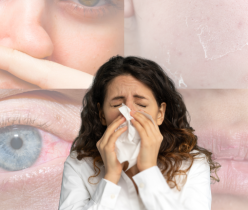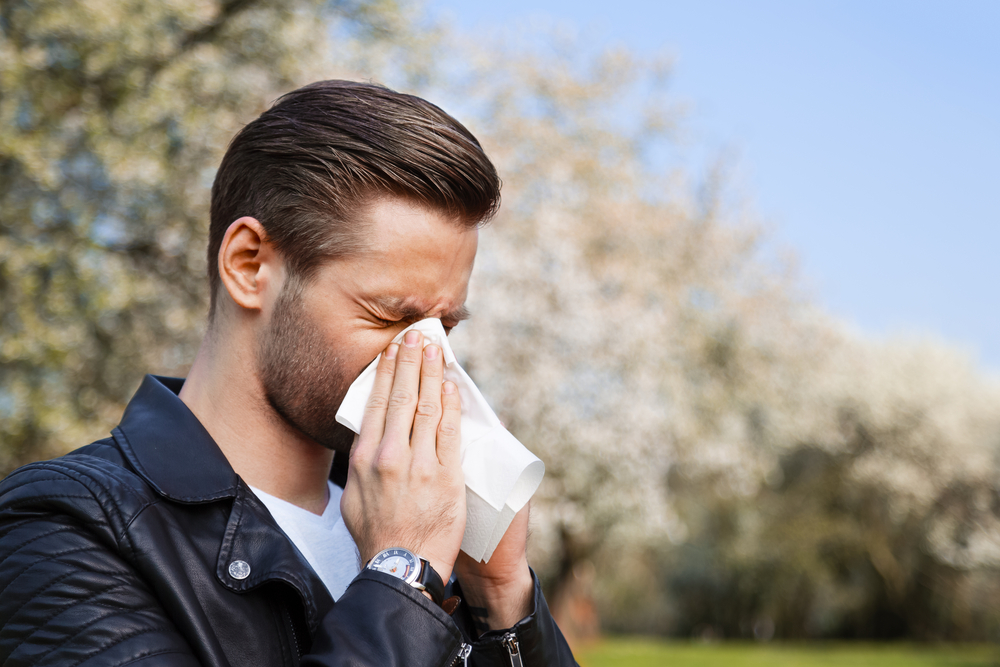In addition to your face, hands, legs, eczema can also occur on the scalp. Eczema of a scalp is also known as seborrheic dermatitis. According to the National Eczema Association, Seborrheic dermatitis is considered as a form of chronic eczema. The skin disease included a variety of skin conditions that cause red and inflamed the skin.
Eczema of the scalp
Seborrheic Dermatitis considers a common type of eczema on the scalp caused by fungi. The condition mainly affects the body parts with many oil-producing glands, leading to symptoms such as redness, patches of greasy skin, flakes, and swollen looking skin. The scalp area can be affected by several types of eczema. The scalp may be itchy, dry, and scaly in a chronic phase while the inflamed and painful scalp indicates the acute phase of eczema.
Types of scalp eczema
- Seborrhoeic eczema- Seborrhoeic dermatitis, or eczema is the most common types of eczema seen on the scalp. It is sometimes visible at the hairline also. The condition affects babies, children, and adults. The type of eczema to redness and scaling of the skin and there is often dandruff as well, which can vary in severity. Also, there may be the appearance of a rash on other parts of the face such as eyelids, eyebrows, and corners of the nose.
- Atopic eczema- Another type of eczema that can affect your scalp at all ages. During the condition, the skin appears red, red, dry, feels itchy, and become infected, especially if scratched and when there is broken skin.
- Allergic contact dermatitis- Eczema of the scalp may also occur in response to an allergic substance. Yes, you have heard it right, scalp eczema may appear as the result of your body to the particular substance to which your body is allergic. The cosmetic items you use on a regular basis can cause contact dermatitis on the scalp. The items include hair shampoos, sprays, gel, hair dyes, hair nets, bathing caps, hair clips, and
- Irritant contact dermatitis- A type of eczema that affects the scalp when the scalp is irritated by a substance that gives rise to redness, dryness, and itchy skin. Your shampoo, hair gel, hair spray, mousses, and perm solution can also cause irritant contact dermatitis.
Treatment options for scalp eczema
The treatment usually depends on the type of scalp eczema an individual is diagnosed with. Below are the possible treatments that may be prescribed to reduce the redness, and inflammation associated with scalp eczema:
Moisturizing the scalp like your other parts of the body, your scalp also requires moisturizing, But for many people, it is difficult to get beyond the hair to the scalp. Moisturizing, creams, and oil sprays can be applied by parting the hair and massaging them into the skin. Numerous scalp preparations are available to provide nourishment to the skin. Topical steroids are designed for use on the scalp and can be prescribed by a dermatologist. If your scalp eczema spreads onto the hairline and face, different strengths of topical steroids will be required to treat the condition. Also, a less potent topical steroid is advised for facial eczema. If scalp eczema is infected, use of oral antibiotics is recommended. Sometimes, scalp eczema may also cause falling of hair or even complete hair loss, in that condition, Finpecia may be used under the supervision of a dermatologist. You can buy Finpecia online to get the best price.
You can choose the best one with the help of a dermatologist. For those who are looking for a natural remedy, coconut oil is a great option which works like an emollient cream and can be bought from your nearest grocery shops or health care stores.



